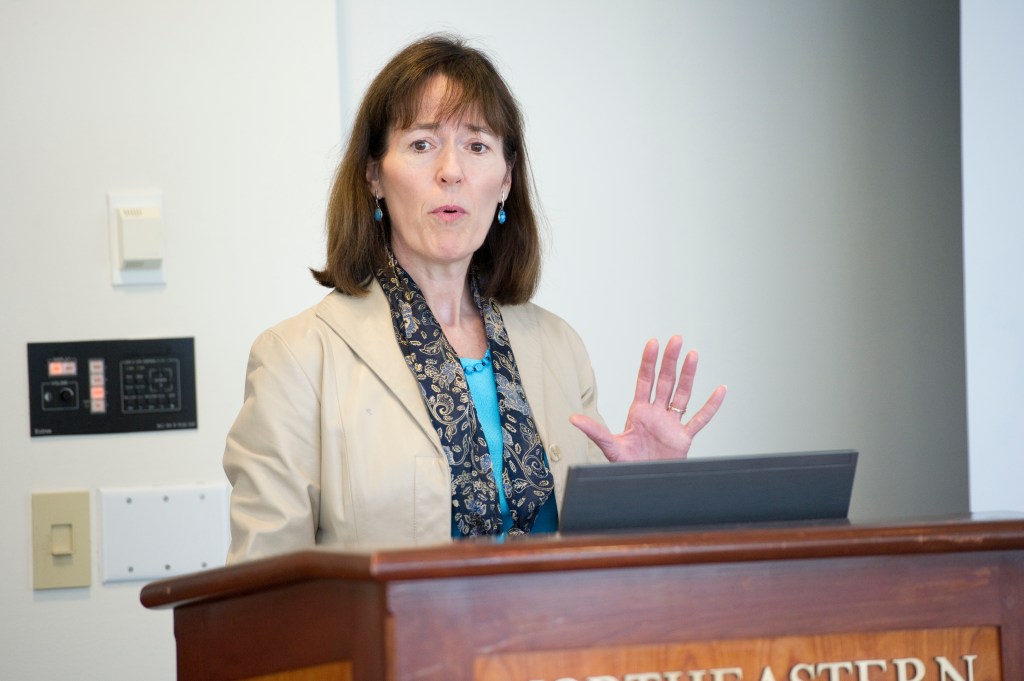One culture’s favor is another’s bribe

Requesting and providing favors are a common part of doing business. But how are these gestures executed and what are their ethical implications in emerging markets compared to developed economies? Where does the line blur between favor and bribery?
These issues were the focus of the recent “Symposium on Managing Favors in a Global Economy” held at Northeastern University, drawing top international business scholars from seven U.S. states and three continents. The event, organized by professors Sheila Puffer and Daniel McCarthy, was sponsored by the College of Business Administration’s Center for Emerging Markets, and funded by the McKim-D’Amore Distinguished Professorship and the Cherry Family Senior Fellowship.
As emerging economies—particularly the so-called “BRIC” (Brazil, Russia, India and China) economies —become a more integral part of global business, Puffer and McCarthy said now is the time for Western economies to analyze business methods in these markets, understand how integral and commonplace favors are to doing business there, and make distinctions about which practices are ethical.
“We think it is crucial to look at how people use their connections and do favors for one another in these BRIC economies, because these are the growth engines of the global economy, and we can see companies from developed economies will be doing business with their counterparts in these [emerging] economies,” said Puffer, the Walsh Research Professor and Cherry Family Senior Fellow of International Business at Northeastern. “We feel it is important to understand the use of favors and differences between favors and outright bribery.”
Throughout the conference, participants compared the benefits and drawbacks of business favors, noting that favors are often used to facilitate routine business, yet may also impede business between developed and emerging economies.
A major theme of the conference, said McCarthy, is that whether favors are accepted and deemed ethical “is deeply based in the culture.” Certain actions that facilitate business — in China or Russia, for example — are culturally ingrained and therefore accepted, but wouldn’t find the same acceptance in Great Britain or the United States.
For instance, David Ahlstrom, a professor at the Chinese University of Hong Kong, outlined one such cultural norm in China known as developing “Guanxi”— “connections” or “relations” — and the roles gifts and favors play in forming these bonds and conducting business.
“Within a context, it’s ethical. But when you move outside of that context where you don’t have that same level of acceptance, agreement and cultural background, then it would not be ethical,” said McCarthy, the Alan S. McKim and Richard A. D’Amore Distinguished Professor of Global Management and Innovation at Northeastern.
Founded in 2007, Northeastern’s Center for Emerging Markets conducts research on how firms can leverage high-growth emerging markets for global competitive advantage and disseminates best practices for success in those economies. The center advances Northeastern’s academic mission as a global university.[media-credit id=25 align=”alignnone” width=”350″][/media-credit]





